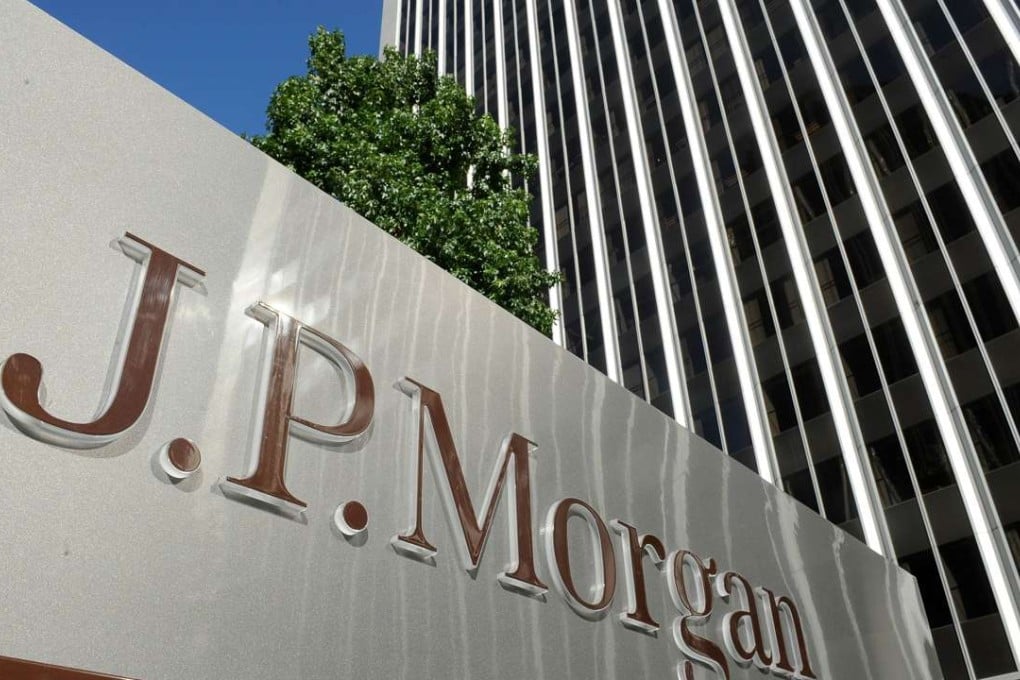JPMorgan looks to exit China securities joint venture
US investment banking giant is seeking to exit its mainland securities joint venture after years of lacklustre profit growth, but remains committed to China

JPMorgan is in talks with its Chinese partner to sell back its stake in JPMorgan First Capital after six years of partnership, as the joint venture securities business has not performed to expectation, having delivered three years of lacklustre profits whileseeking new capital investment.
The US bank’s spokeswoman in Hong Kong said that China remains a key market for the bank. It will evaluate its options to continue its onshore investment banking presence if the JV dissolves. Meanwhile, the bank’s ability to execute outbound deals for Chinese clients from Hong Kong will remain unchanged.
The discussion between JPMorgan and Shenzhen-based First Capital have come about after years of flat profit growth dating back to 2013, even as JPMorgan refers all China onshore investment banking business to the joint venture.

The joint venture brought in 24 investment banking deals in China in 2015, making a net profit of 17.6 million yuan, compared to 27 million yuan in 2014 and 16 million yuan in 2013.
For 2015 it ranked 17th against local mainland peers for bond underwriting business, and 35th for equity capital markets activities, according to China Securities Association’s data.